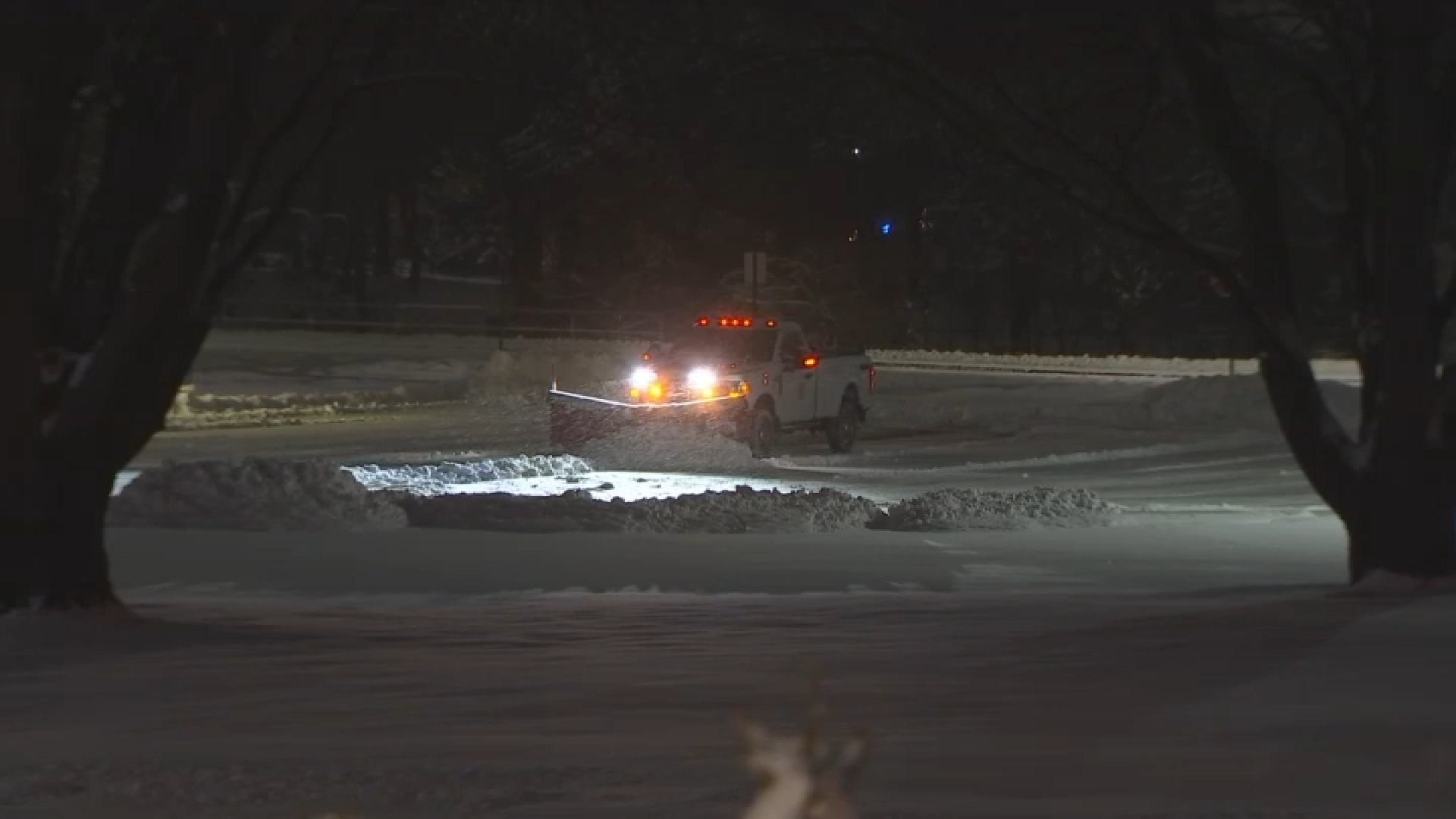
The new year brings a new leader to Philadelphia. Jim Kenney will officially become the city’s 99th mayor Monday. NBC10’s Drew Smith spoke to Kenney about his plans.
Philadelphia Mayor-elect Jim Kenney bristles at the label "progressive."
"How about fairness?" he said in a recent interview. "When you know something's unfair, it's unfair. There are certain things that you have to acknowledge are the case and then work to fix them."
Jim Kenney is not African-American but few white politicians are as comfortable discussing issues of inequality, mass incarceration and policing. The 57-year-old Irish-American, South Philly native's positions have earned him comparisons with New York Mayor Bill de Blasio.
Kenney, 57, says poverty will be his top issue when he takes office Monday as the 99th mayor of the nation's poorest big city.
He will succeed Philadelphia's third black mayor, Michael Nutter. Kenney's November election is credited, in part, to strong support from the black community — something Kenney says he considers a "huge responsibility" as he prepares to take office.
"I have to provide things that will give people an equal footing when it comes to their future development and success and the reaching of their potential," he said.
That includes his pledge to bring universal pre-K to the city and creating more jobs, including for former felons.
Local
Breaking news and the stories that matter to your neighborhood.
In the two decades he served as a city councilman before his election in November, Kenney worked on inequality, as well as immigration, gay rights and criminal justice reform. Kenney points to his Irish roots and Jesuit upbringing as the influences that make him sensitive to these issues.
As mayor, Kenney said he is ready to do more.
Soon after he was elected, he traveled to Cincinnati to learn about that city's community schools model, which would bring a variety of services — from nutrition to healthcare to mental health resources — under one building. He also wants to close the city's biggest jail and said he has no plans to build a new one.
Kenney also cited as a priority improving relations between citizens and the Philadelphia Police Department, which will get department veteran Richard Ross as its new leader when outgoing chief Charles Ramsey retires as Nutter leaves office.
"I understand white privilege," Kenney said. "I've never been stopped and frisked. The only reason why I haven't been is because I'm a white man, period. I can't get offended or mean or mad about it. Give it to me, and we'll try to work our way through it."
Kenney said that in some districts, the police-community relationship is a good one, but he worries that Philadelphia could be the next Ferguson, Missouri — where a white police officer's fatal shooting of an unarmed black man caused unrest.
"I'm concerned about it every day," Kenney said, adding that he wants a more diverse police force and would like to see training for all officers on civil rights history.
Kenney said he has been doing a lot of listening in the weeks since his election, holding town halls and chatting up people on the subway — which he has promised to keep taking as mayor.
"It is the best way to stay in touch with people," Kenney said of riding SEPTA, the city's public transit system. "I think people appreciate the fact that you don't think you're any better than they are, 'cause I don't and I'm not. And I've done public life before, but I haven't been the mayor before."
It's the kind of plain-speaking and straight-talking locals got accustomed to through his Twitter account, though citizens should expect a kinder Kenney on social media going forward.
"I've learned that if I'm going to tweet, it needs to be something positive," he said sheepishly. "There's a certain level of dignity you need to maintain — even me."



